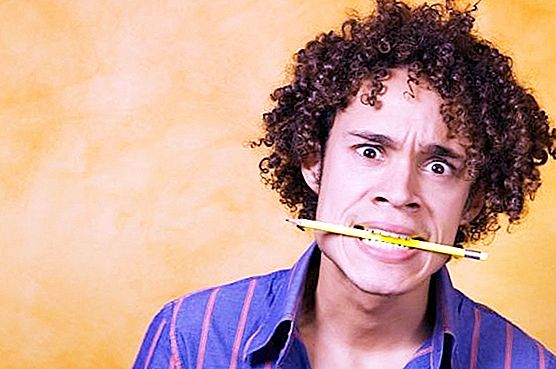Any actor knows that without expressive facial expressions he is unlikely to be able to wreck the applause of the audience. But professional actors are taught to control the muscles of their faces and bodies at special courses, but what about those who don’t even dream about an acting career, but really want to learn the art of proper facial expressions? It's simple: do self-study.

Instruction manual
one
Evaluate your own facial expression. To do this, take a small pocket mirror and try to keep it always at hand. From time to time you have to imagine what kind of facial expression you have now, and then check your guess with the reflection in the mirror. The results can be overwhelming, and you may not immediately be able to come to terms with what expression your face can sometimes get.
2
Try to relax. Close your eyes very briefly, relax your facial muscles as much as possible, paying particular attention to your lips and chin. Opening your eyes, look again in the mirror and look at what happened, and determine how you feel and what exactly you feel.
3
Train individual muscle groups of the face daily; it would be nice to repeat the anatomy in order to better control the process.
4
Start by developing the mobility of the lips and eyebrows - these are the most expressive parts of the face, then work on the cheekbones and forehead. Be sure to start each exercise that you choose for yourself by warming up: spoil your face with your hands, move your muscles from side to side.
5
And try to honestly answer the following questions: What do you think, did you manage to relax your face? Did you feel the facial muscles and their "weight"? If the answer to all these questions is yes, then the ability to manage facial expressions is almost in your pocket. Case for practice!
note
Everyone is used to being afraid of active facial expressions, it is believed that the mobile muscles of the face are the culprits of early wrinkles, but why no one thought that it is much more important to enjoy the emotions that are reflected on your face.
Facial expressions, by definition, are peculiar changes in a person's face, the contraction of certain muscles. At the same time, both the eyes and the movements of the body as a whole are of great importance: head nods, body rotation, shoulder position
At the very beginning of your training, make sure that the facial expressions are consistent with your verbal statements, because otherwise it is not perceived.
